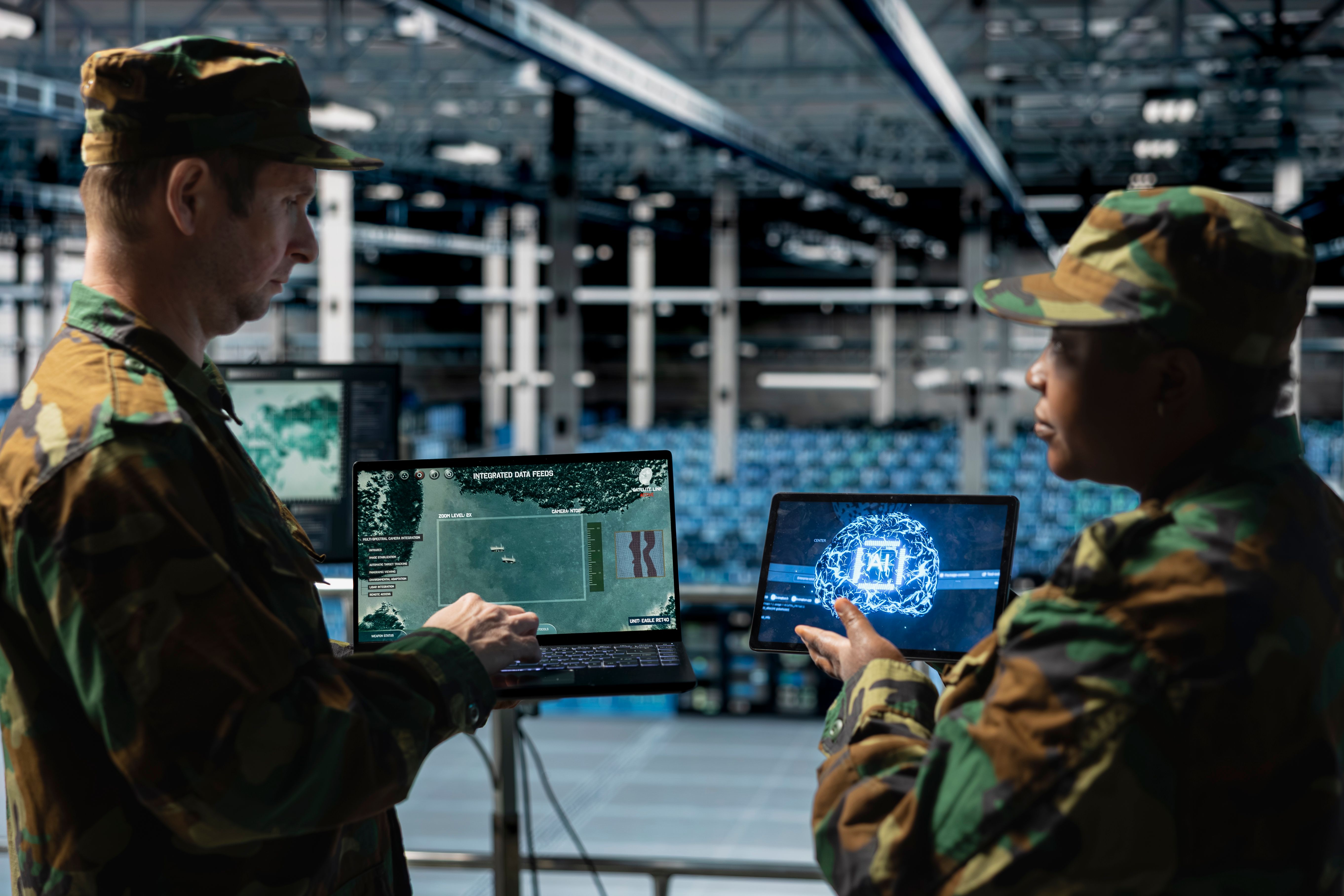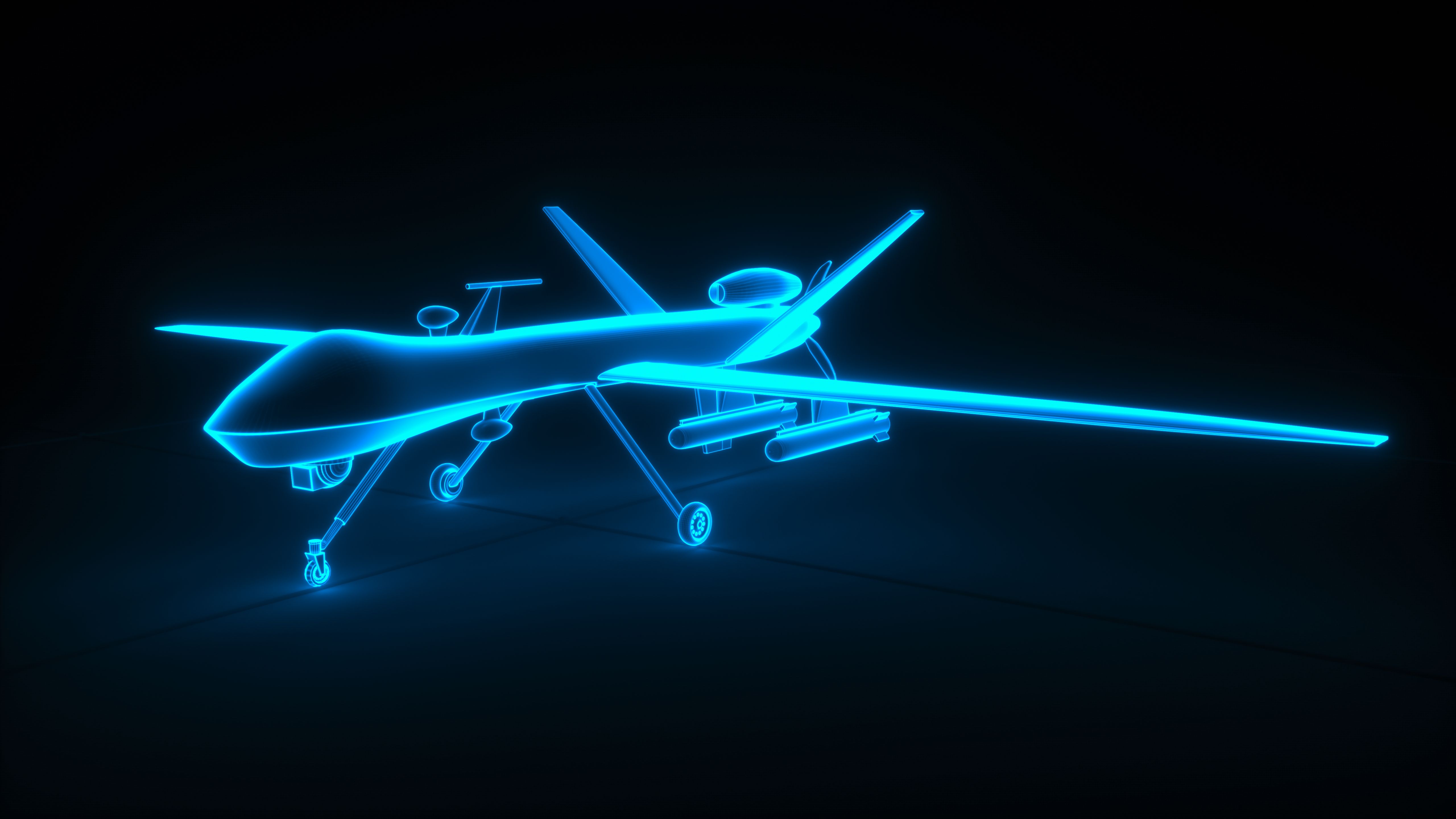AI and Machine Learning: Transforming Defense Strategies
Introduction to AI and Machine Learning in Defense
Artificial Intelligence (AI) and Machine Learning (ML) are reshaping the landscape of defense strategies worldwide. These cutting-edge technologies are enhancing decision-making processes, improving operational efficiency, and providing innovative solutions to complex challenges. As nations strive to bolster their defense capabilities, AI and ML are becoming indispensable tools in the arsenal of modern military forces.

Enhancing Situational Awareness
One of the most significant impacts of AI and ML in defense is the enhancement of situational awareness. By processing vast amounts of data from various sources, AI systems can provide military personnel with real-time insights into potential threats. This capability allows for quicker and more informed decision-making, ultimately leading to more effective responses to dynamic situations.
AI-powered systems can analyze satellite imagery, monitor communications, and track movements, offering a comprehensive view of the battlefield. This information is crucial for identifying enemy positions, predicting their actions, and planning countermeasures. As a result, defense forces can stay one step ahead of adversaries, ensuring national security.
Autonomous Systems in Defense
Autonomous systems, such as drones and unmanned vehicles, are becoming increasingly prevalent in military operations. These systems utilize AI and ML to perform tasks that would be too dangerous or complex for humans. From reconnaissance missions to logistics support, autonomous systems are revolutionizing how military operations are conducted.

By reducing the need for human intervention, these technologies not only increase operational efficiency but also minimize the risk to human life. Furthermore, the ability of autonomous systems to operate in challenging environments makes them invaluable assets on the battlefield.
Cybersecurity and AI
In the digital age, cybersecurity is a critical component of national defense. AI and ML are playing a pivotal role in safeguarding sensitive information and protecting against cyber threats. These technologies can detect anomalies, identify vulnerabilities, and respond to threats in real-time, offering a robust defense against cyberattacks.
With the increasing sophistication of cyber threats, the integration of AI in cybersecurity ensures that defense systems remain resilient and capable of thwarting potential breaches. This proactive approach is essential for maintaining the integrity and confidentiality of defense operations.

Challenges and Ethical Considerations
Despite the numerous benefits, the integration of AI and ML in defense strategies also presents challenges and ethical considerations. The potential for autonomous weapons and the implications of AI-driven decision-making raise questions about accountability and control.
Ensuring that AI systems are used responsibly and ethically is paramount. This involves establishing clear guidelines and regulations to govern the development and deployment of AI technologies in defense. Addressing these concerns will be crucial for fostering trust and transparency in AI-driven defense strategies.
Future Prospects
The future of AI and ML in defense is promising, with ongoing advancements poised to further transform military operations. Emerging technologies, such as quantum computing and advanced robotics, hold the potential to revolutionize defense capabilities.
Continued research and development in AI and ML will enable defense forces to address evolving threats and maintain a strategic advantage. As these technologies continue to mature, their role in shaping defense strategies will only become more pronounced, ensuring a safer and more secure world.